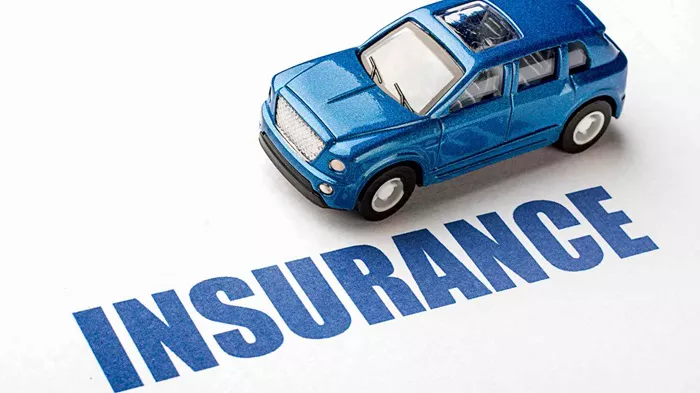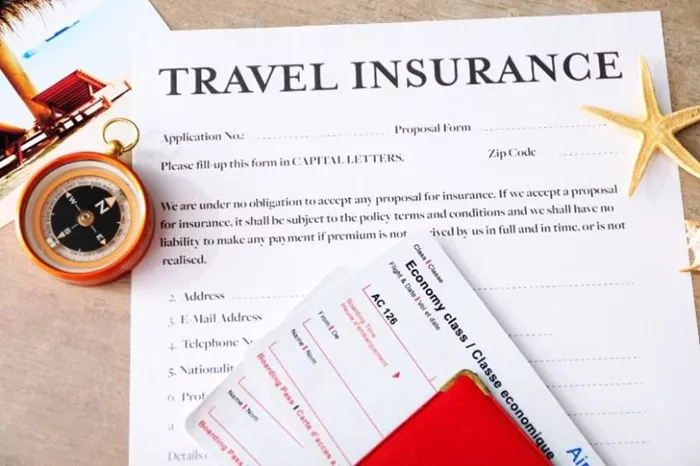Whether embarking on a cross-country adventure or enjoying a peaceful retreat in the great outdoors, recreational vehicle (RV) enthusiasts often seek the freedom and flexibility of temporary residence at campsites. However, with this freedom comes the responsibility of protecting oneself against potential liabilities. This is where vacation liability RV insurance steps in. In this comprehensive guide, we’ll explore the nuances of vacation liability RV insurance, from its definition to its importance and how to obtain the right coverage for your needs.
Definition
Vacation liability RV insurance provides coverage specifically when the RV is utilized as a temporary residence at a campsite. While standard RV insurance primarily covers incidents that occur while the vehicle is in motion, vacation liability insurance extends coverage to incidents that may arise while the RV is parked and being used as a temporary dwelling.
Coverage Scope
Vacation liability RV insurance typically covers a range of incidents, including:
Injuries: Coverage extends to bodily injuries sustained by individuals around the RV while it is parked at a campsite.
Property Damage: Protection is provided for damages to property occurring around the RV premises.
Differences from Standard RV Insurance
The primary distinction between vacation liability RV insurance and standard RV insurance lies in their coverage focus. While standard RV insurance primarily covers incidents that occur while the vehicle is in motion, vacation liability insurance focuses on providing coverage for incidents that occur while the RV is stationary and being used as a temporary residence.
Importance of Coverage
Vacation liability RV insurance is crucial for providing financial protection against potential liabilities during RV vacations. It offers peace of mind to RV owners and renters, ensuring that they are adequately protected against unexpected accidents or damages that may occur while utilizing the RV as a temporary dwelling.
Policy Details
Various types of vacation liability RV insurance policies are available, offering coverage limits and options that can be tailored to individual needs. Policyholders can select coverage options that align with their specific requirements, ensuring comprehensive protection against potential liabilities.
Cost Factors
Several factors may influence the cost of vacation liability RV insurance, including:
RV Value: The value of the RV may impact insurance premiums, with higher-value vehicles typically resulting in higher premiums.
Coverage Limits: Opting for higher coverage limits may lead to higher premiums but can provide greater protection against potential liabilities.
Location: The geographical location where the RV will primarily be used may affect insurance premiums, with higher-risk areas potentially resulting in higher premiums.
See Also: What Car Insurance Limits Should I Have
How to Purchase
Obtaining vacation liability RV insurance involves several steps:
Research: Conduct research to understand the types of coverage available and determine the coverage options that best suit your needs.
Get Quotes: Obtain quotes from multiple insurance providers to compare coverage options and premiums.
Review Policies: Carefully review the terms and conditions of each policy to ensure it meets your coverage requirements.
Choose a Provider: Select an insurance provider that offers the coverage options and premiums that align with your needs and budget.
Finalize Coverage: Once you’ve chosen a policy, complete the necessary paperwork and make the required payments to finalize your coverage.
Examples
Consider the following examples to understand how vacation liability RV insurance can protect RV owners and renters:
Scenario 1: While parked at a campsite, a neighboring camper trips over a power cord connected to your RV, sustaining injuries. Vacation liability insurance would cover the medical expenses and potential liability costs associated with the incident.
Scenario 2: A severe storm causes a tree branch to fall on a neighboring camper’s tent, resulting in property damage. Vacation liability insurance would cover the costs of repairing or replacing the damaged property.
Conclusion
Vacation liability RV insurance is essential for providing financial protection against potential liabilities during RV vacations. By understanding its definition, coverage scope, importance, policy details, cost factors, and how to purchase coverage, RV owners and renters can ensure they have the necessary protection to enjoy their adventures with peace of mind.
[inline_related_posts title=”You Might Be Interested In” title_align=”left” style=”list” number=”6″ align=”none” ids=”2521,2447,2387″ by=”categories” orderby=”rand” order=”DESC” hide_thumb=”no” thumb_right=”no” views=”no” date=”yes” grid_columns=”2″ post_type=”” tax=””]




















